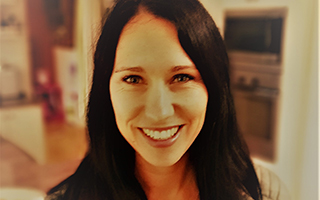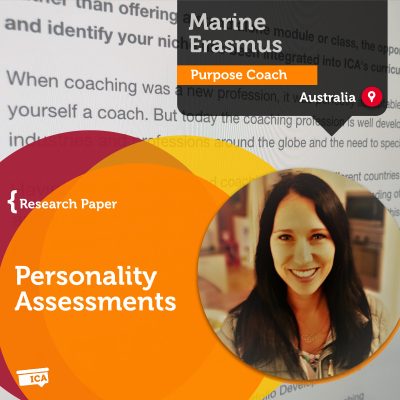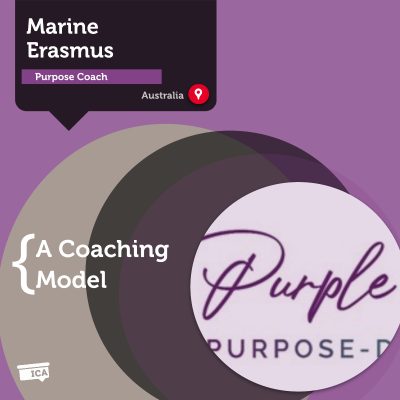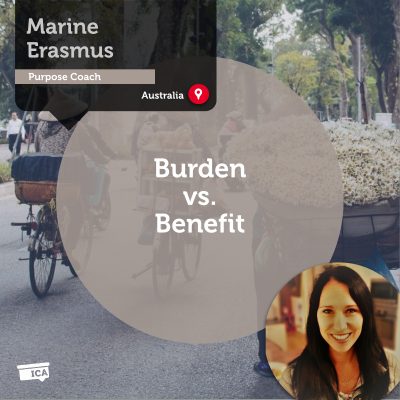The aim of my coaching business is to support women in making purpose-driven progress, both professionally and personally. With a specific focus on women working in the healthcare sector, I help clients to excel in their careers and personal lives by discovering true purpose and meaning in what they do. Crying in one of Karen Continue Reading…
Personality Assessments – Exploring the Use of Personality/Strength Assessments in Coaching
A Research Paper By Marine Erasmus
Purpose Coach, AUSTRALIA
It’s a complicated topic to use personality and strength assessments in coaching. There is a plethora of research and perspectives on acceptable use, value, and general correctness. Some people despise them while others adore them. I’m conscious of the dangers of categorizing people and sometimes overlooking the fact that these judgments are static. However, I have found such examinations to be both personally and professionally valuable and enlightening. The personality assessments study is organized in this manner, and it concludes that these assessments can be useful as a beginning point in some coaching situations. There is a lot of self-awareness to be learned while bearing in mind the potential hazards.
Purple Goods
A Coaching Model By Marine Erasmus
Purpose Coach, AUSTRALIA
The narrative of Lydia of Thyatira, a Greek woman, has inspired me. She was a reputable entrepreneur who traded in purple dyes and linens in the first century AD. It is said that she had the home (unlike other women at the period) and was able to provide excellent care for everyone in her family. Her trade in purple items enabled her to offer food and lodging for those in need, and she is thought to have been generous and friendly. Purple Goods is an appreciative inquiry-based example that incorporates elements of Lydia’s tale that I believe are important to my clients and the coaching process. The changing hues represent the client’s transformation, with the coach assisting her.
Burden vs. Benefit
A Coaching Power Tool By Marine Erasmus
Purpose Coach, AUSTRALIA
Like other electrical machinery or power tools in a workshop, this ‘burden vs. benefit power tool’ should be operated carefully and with great precision. It has the potential to work wonders and benefit our customers, but only in a few specific cases. I’ve witnessed how skillfully transitioning a client from burden to benefit produces enormous positive externalities for both the client and people around them or directly involved in the scene. Given the sensitivity frequently associated with more lasting changes in a client’s situation, this power tool may be regarded as having a limited or narrow application. This technique may also be beneficial for life coaching.



